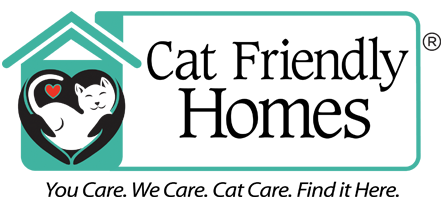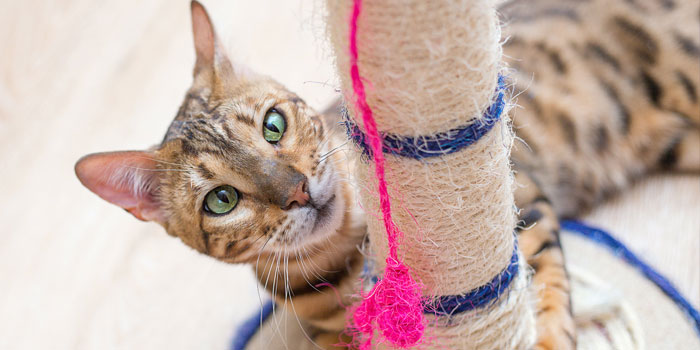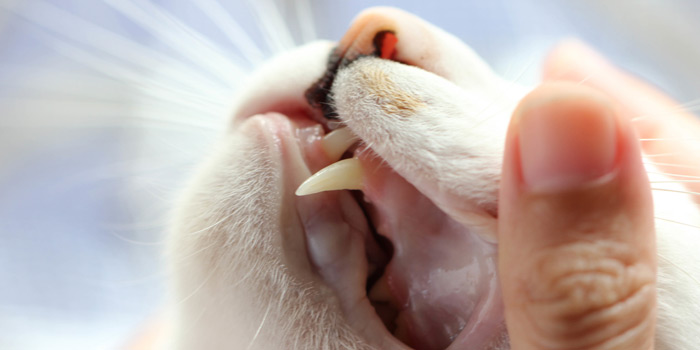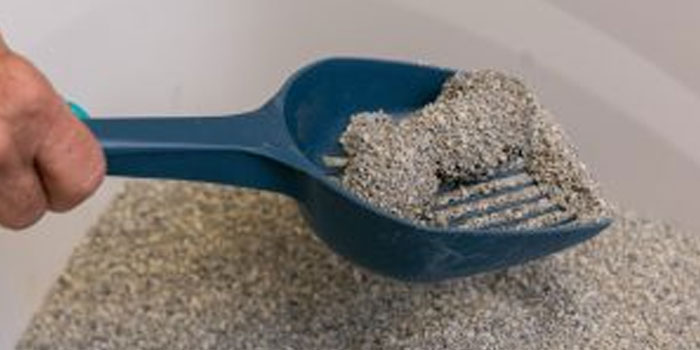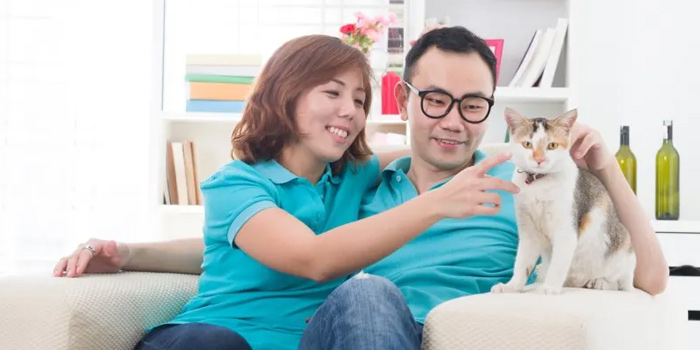
The best way to keep your cat healthy is by going to your veterinarian for regularly scheduled checkups! Here are eight signs you need to bring your cat to the veterinarian:
1) It’s Been Over 12 Months Since Your Cat Saw the Veterinarian
Cats need regular checkups to lead longer, happier, and healthier lives. Preventive care checkups for all cats should occur at least once per year. Senior cats and those with chronic conditions need to visit more frequently.
Did You Know? In the United States, cats visit veterinarians less often than dogs.
During the checkup, your veterinarian assesses your cat’s current health. They can often detect medical issues or conditions early before they become big issues. When health issues are caught early, they can be managed or cured before they cause your cat pain.
2) You Use Google Instead of Visiting a Veterinarian
Google can be helpful, but please don’t rely on it for answers regarding your cat’s health. Contact your veterinarian for accurate answers about YOUR cat. When you notice a change with your cat, don’t assume there is a behavior problem. There may be a medical reason your cat is acting differently.
3) You’ve Noticed Weight Gain or Weight Loss
Did You Know? Almost 60% of indoor cats are overweight or obese.
Similarly to humans, extra weight has effects on your cat’s quality of life. Just a few pounds can cause health issues and risks for your cat. If you notice that your cat has lost weight or is eating less, call your veterinarian. Your veterinarian will weigh your cat, compare the weight to your cat’s last visit, and determine if your cat’s current weight is appropriate for your individual cat.
4) You Have Questions
Addressing your cat’s physical, emotional, and environmental needs enhances their health and quality of life. Your cat needs to have specific resources available to them in your home. These resources (litter box, scratching post, comfy bed, etc.) let them act like a cat. Cats need to be able to perform natural behaviors (scratching, hiding, having their own space, etc.) and have control over their interactions with humans and other animals. As your cat’s caregiver, you can enhance your cat’s health and well-being by ensuring all her needs are met in your home.
5) Changes at the Litter Box
When you scoop your cat’s litter box, take a moment to observe the amount, consistency, and color. If you notice any changes in your cat’s behavior or in their elimination, be sure to call your veterinarian. Set your cat up for litter box success by asking your veterinarian for advice. If your cat vocalizes, misses the litter box, jumps in/out fast, or does not dig at the litter, there may be a medical issue or your cat does not like the litter.

6) Changes in Your Cat’s Eating Behavior
There are a number of reasons that may cause a change in your cat’s eating habits. Some cats are particular, but many times there may be a medical explanation for any new or erratic eating behaviors. As a responsible caregiver, you need to discuss these changes with your veterinarian to keep your cat healthy. Your cat may have a gastrointestinal problem, diabetes, or any number of other problems – don’t wait, contact your veterinarian.
If your cat has gone without food for 24 hours or more, contact your veterinarian IMMEDIATELY (a fatty liver disease could result, and hepatic lepadosis can be fatal).
7) You Notice Bad Breath
Did You Know? Periodontal disease is considered the most prevalent disease in cats 3 years of age and older?
If your cat has painful teeth or gums, tartar, gingivitis, or if you’ve noticed a foul odor coming from her mouth, call your veterinarian. Cats’ teeth should be professionally cleaned before you begin a home-care routine.
8) Changes in Your Cat’s Sleeping Habits
If you notice a change in your cat’s schedule for when she “talks” or vocalizes, and/or sleeps there may be a medical issue. Call your veterinarian if you notice changes in behavior, such as pacing and “talking” overnight, or sleeping more during the day.
If your cat seems confused or has a change in personality (previously outgoing cat becomes a “wallflower”), call your veterinarian. This could be a sign of a medical issue such as feline cognitive dysfunction syndrome (“Kitty Alzheimer’s”) in an older cat. Whenever you notice something different, even subtle changes, about your cat’s behavior or habits, or when something is just not right, call your veterinarian.
Need help finding a veterinarian near you? Try our Veterinarian Search.

